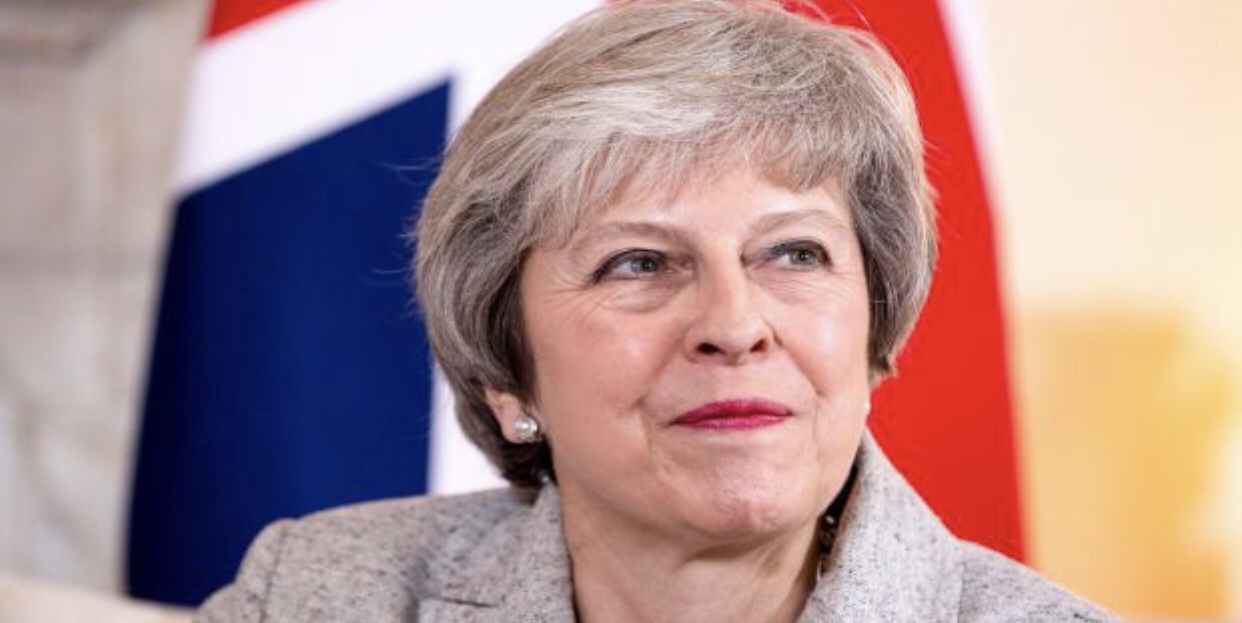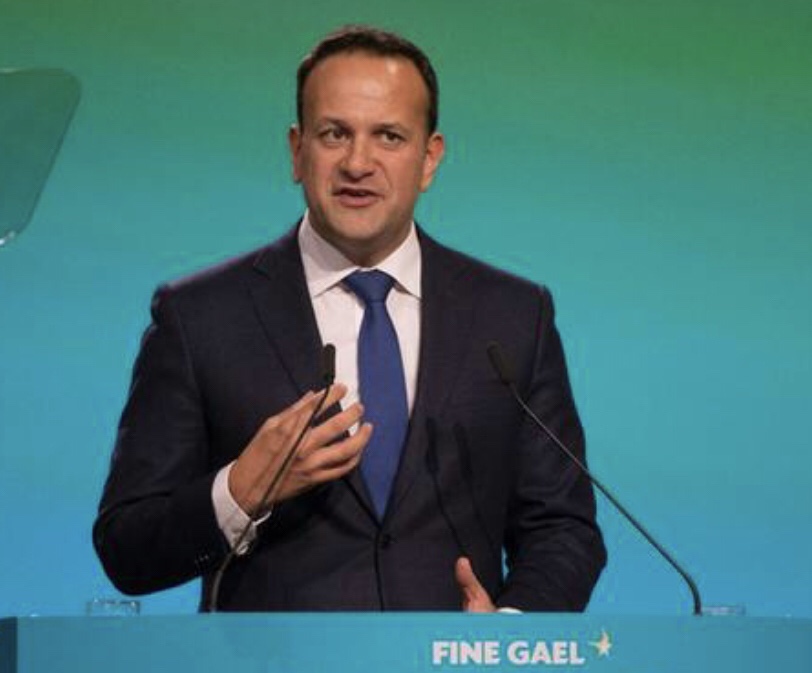EU leaders set to adopt Brexit withdrawal treaty
Amid intense political and diplomatic activity ahead of Sunday’s crucial European summit, British prime minister Theresa May travels to Brussels on Saturday to finalise the agreements on which she has staked her political future and the relationship between the European Union and the UK.

Senior political and official sources in Dublin and Brussels said on Friday night that they expected the summit to adopt both the withdrawal treaty – the legally binding document that will govern the UK’s exit if ratified by the European and British parliaments – and the declaration on the future relationship between the UK and the EU.
On Friday, at a meeting in Brussels of the “sherpas” – the personal representatives of the national leaders – the texts of both agreements were regarded as settled, according to authoritative sources.
A Spanish threat to derail the summit appeared to have been averted by agreement among officials to language which reaffirms Madrid’s veto over future UK-EU talks impinging on Gibraltar.
The sherpas agreed to a clarification statement by the 27 remaining EU states, which will not be part of the withdrawal agreement or the political declaration, though initial responses in Madrid were sceptical. But no more than Mrs May, Spanish prime minister Pedro Sanchez will not be allowed by his fellow EU leaders to reopen the agreed treaty text, Brussels sources said.
Mrs May will be in Brussels on Saturday to meet the president of the European Commission, Jean-Claude Juncker, and the president of the Council – the group of EU leaders that meets on Sunday – Donald Tusk.
On Friday, Mrs May took her pitch to the British people over the airwaves, telling the BBC: “I don’t think they [the EU 27] will come to us and say we’ll get a better deal” if the British parliament votes down the deal.
Taoiseach Leo Varadkar said at a meeting in Sligo that his expectation was that the EU would be able to sign off on the withdrawal agreement on Sunday. He said there was an issue in relation to Spain “but I am confident that can be worked out”.
Mr Varadkar also spoke to Mr Juncker on Friday to inform him that the Dáil had approved the withdrawal agreement and that the Government was happy with the text of the future relationship declaration.
Mr Varadkar told reporters in Sligo that if the withdrawal treaty was approved, it would ensure that “there won’t be any changes at all for these two years, if not longer, giving businesses time to prepare and also gives us time to negotiate a future relationship”.

The Taoiseach said that lots of people “may be criticising this but I don’t see anyone putting anything better on the table”.
Minister for Foreign Affairs Simon Coveney also spoke to new British Brexit secretary Stephen Barclay by phone on Friday.
In Northern Ireland, the DUP’s party conference will be addressed on Saturday by arch-Brexiteer Boris Johnson, who will urge the party to maintain its opposition to the withdrawal treaty when it comes before the House of Commons for a vote in the coming weeks.
On Friday night the British chancellor of the exchequer Philip Hammond addressed a party dinner appealing for support for the deal. But on Saturday DUP leaders will again stress their opposition, warning Mrs May that DUP support for her government was in question if she continued with the present deal.
Several sources said that with the treaty and declaration texts agreed, EU leaders would seek to assist Mrs May when they meet in Brussels on Sunday morning. “They’ll avoid any triumphalism, avoid a long meeting – just get the business done,” said one source.
Source: Irish Times
You must be logged in to post a comment.